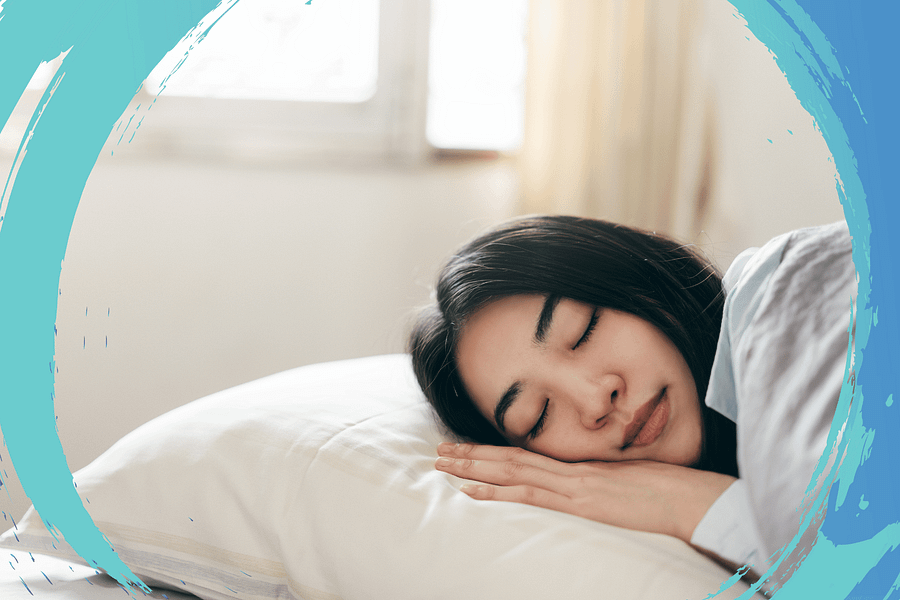Are There Restrictions After An Egg Retrieval?
Freezing your eggs can be an empowering step toward securing your reproductive future. Following the egg retrieval procedure, it’s common to experience mild discomfort, but understanding what to expect can make recovery smoother and more manageable.
So, what should you know? Below, we walk you through the recovery and restrictions after egg retrieval.
After Egg Retrieval Recovery
Your egg retrieval marks an exciting milestone in your freezing journey. During this procedure, all mature eggs are collected. You’ll be put under light sedation. Meanwhile, your physician works with ultrasound guidance to retrieve the eggs. The entire procedure takes less than 30 minutes.
After your retrieval, you’ll relax in a recovery area for about an hour. The sedation will begin to wear off. You may experience some bloating and soreness. These physical sensations are completely normal. They happen due to your ovaries being enlarged from the stimulation medications. Soreness may also arise from the procedure itself because of mild trauma and inflammation. Light spotting is also common post-retrieval.
Since sedation effects can last several hours, you’ll need someone to drive you home afterward. We recommend having a trusted friend or family member accompany you. At EVOLVE, our caring team will provide clear recovery instructions before you leave. We’re here to support you every step of the way.
Egg Retrieval Recovery Time
Most return to their normal activities within one week after their egg retrieval. The first 24 hours should primarily involve rest. This is often when you’ll feel the most uncomfortable. You may experience drowsiness (from the anesthesia), cramping, bloating, and soreness.
Light work and gentle movement can usually resume after 24 hours. However, your ovaries need about one to two weeks to return to their normal size. During this time, your body may feel different. Since recovery varies from person to person, listening to your body is essential. During this time, over-the-counter pain relievers are usually sufficient for managing pain.
Physical symptoms like bloating typically improve each day after the procedure. One week post retrieval, many people feel back to normal. For those with a large number of eggs retrieved, bloating may last a bit longer. After two weeks, your ovaries should be back to normal. Most symptoms should also be fully resolved. And you should be able to resume your normal routine.
Post Egg Retrieval Pain
As mentioned above, discomfort is common and completely normal. Many report mild to moderate pain after their egg retrieval. Often, it’s similar to period cramps. As such, your doctor will recommend over-the-counter pain medication such as acetaminophen to help manage any discomfort (anti-inflammatories should be avoided). Heat packs may also help with pain relief.
Pressure or bloating in the abdominal area is also common. This usually starts to improve a couple of days after your procedure.
Keep in mind that some discomfort is a normal part of healing. While it varies from person to person, if you have any concerns, contact your egg freezing team.
Egg Retrieval Recovery Tips
Here are our top recommendations to help you recover post-retrieval:
- Rest and relax for the first 24-48 hours post-retrieval.
- Wear loose, comfortable clothing that won’t press on your abdomen.
- Set up a cozy recovery space with entertainment, snacks, and water within reach.
- Ask a friend or family member to stay with you for the first 24 hours.
- Track your symptoms in a notes app on your phone. If you notice any unusual symptoms, contact your egg freezing team.
- Use a heating pad or warm compress.
- Stay hydrated with water and electrolytes nearby.
- Eat light and nutritious meals.
- Set phone reminders for taking pain medications.
- Listen to your body’s signals about rest and activity levels.
- Avoid swimming, baths, and hot tubs for one week. These activities could increase your risk of infection.
Restrictions After Egg Retrieval
Your body needs time to heal after egg retrieval. The temporary restrictions below will help ensure a safe recovery.
Sex After Egg Retrieval
At EVOLVE, we recommend waiting about a week before resuming sexual activity. This gives your ovaries time to heal. Spotting and mild discomfort are normal after retrieval, so it’s best to wait until both have subsided before becoming intimate. Your doctor will provide specific guidance tailored to your recovery, as everyone’s healing timeline can vary slightly.
When Can You Exercise After Egg Retrieval
Here are some guidelines for exercising after your egg retrieval:
- Avoid strenuous activities for about a week after your procedure.
- Engaging in light walking, as this can be beneficial for your physical and mental health.
- Avoid high-impact activities and heavy lifting for seven days.
- Return to exercise gradually, starting with gentle and light movements. Slowly build up toward your regular routine.
- Listen to your body. If something doesn’t feel right, adjust accordingly.
What Not to Eat After Egg Retrieval
It’s likely best to avoid alcohol in the days following your retrieval. Your body is healing, and hydration is important. Alcohol can reduce hydration and also place additional stress on your liver.
Now, you may wonder, “What should I eat after egg retrieval?” Here are a few suggestions:
- Consume water with electrolytes.
- Select easily digestible foods (like bananas, toast, oatmeal, and applesauce), especially during the first 24 hours. Light soup and crackers are also a great choice.
- Focus on whole and nutritious foods over processed foods.
- Reach for fruits and vegetables for snacks.
If you’re curious to learn more about the egg retrieval process, reach out to the EVOLVE team. Our caring and compassionate team can help guide you through every step. Book a call with an EVOLVE nurse today.



